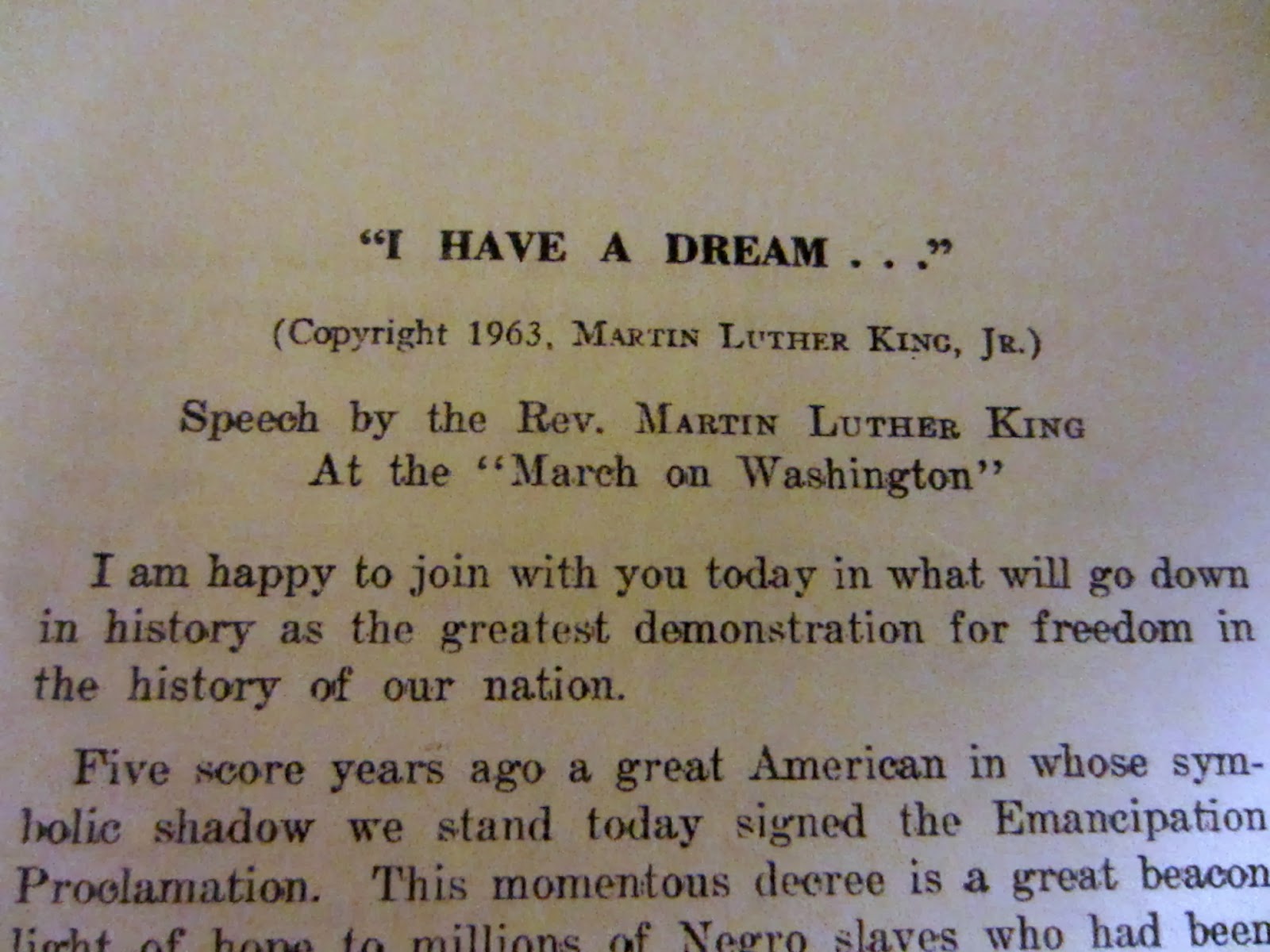

The organizer said, ‘we’re going to need extra security at the podium.’ He signed us up to the podium and that was how we got down that strategic security position.”Īt 6 feet, 4 inches and more than 200 pounds, Raveling was an imposing figure as he stood near King and other celebrities on the podium. We said yes.” The organizer told the pair to arrive at 9 the next morning. “He asked us if we were going to the march the next day. During the walk, they happened to run into a march organizer. They arrived in Washington Friday evening and got a motel room and walked around the city to get their bearings. “He said, you youngsters need to be there, because this is something historic.’’ He let them use one of his cars and gave them some cash. Wilson’s father encouraged the young men to go. “He asked us why and we gave him a little adolescent excuse, we didn’t have any money.” “He asked us if we were going to go, and we said no,” Raveling recalled. LeBron James, Patrick Mahomes and other stars sign letter to fight voter suppression.Social justice messages each NBA player is wearing on his jersey.White NBA players discuss responsibility to Black teammates: ‘It’s a continuous fight’.Woodrow Wilson, was a prominent dentist in Wilmington. The Thursday before the march, Raveling and his best friend at the time, Warren Wilson, were having dinner at Wilson’s home in Claymont, Delaware. The historical twist is that Raveling had no intention of attending the march. One of the lesser-known stories of that day is how George Raveling, who would become a Hall of Fame college basketball coach, ended up with an original copy of King’s speech.Īs we celebrate the anniversary of the march, I recalled a June 2016 conversation in Harlem, New York, with Raveling about how he came into possession of that speech.Ī former basketball star at Villanova, Raveling had just turned 26 and was working as a marketing analyst for the Sun Oil Co. The highlight of the march was civil rights leader Martin Luther King’s I Have A Dream address, generally considered one of the five greatest speeches in U.S. Designed to pressure Congress to pass the Kennedy administration’s civil rights bill, the historic March on Washington was the largest protest of its kind in the history of the capital. 28, 1963, more than 200,000 demonstrators descended on Washington.


 0 kommentar(er)
0 kommentar(er)
